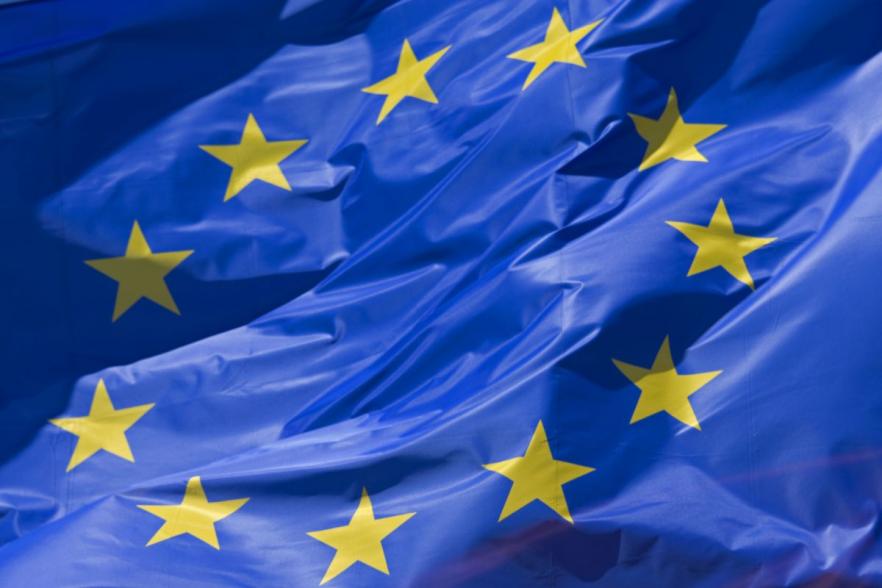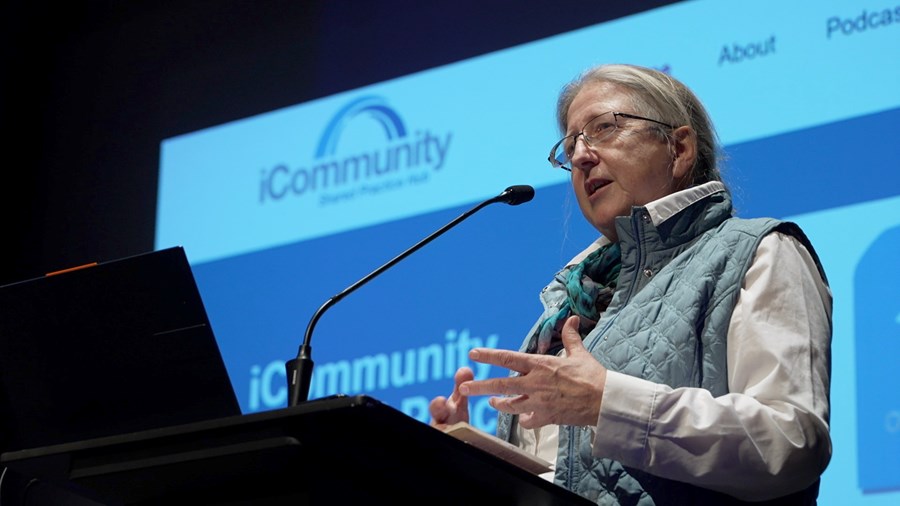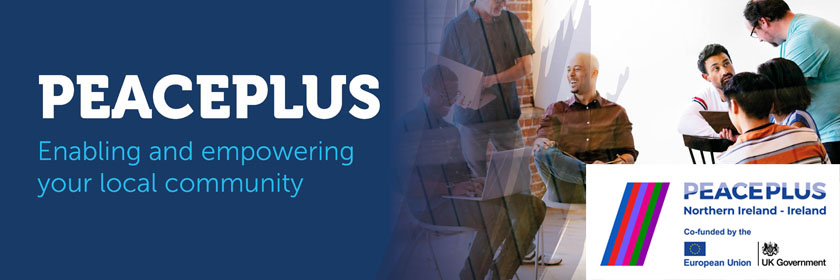The PEACE Plus Programme and Its Vision of Cohesion

Since 1995, the EU’s Peace programme has been an instrumental actor in the peace process in Northern Ireland. While much of the peace making took place in the political arena in Northern Ireland after the Troubles, this programme focused on peace building, a separate but equally vital component of the overall peace process. Peace building is about individuals and organisations speaking out about the societal impacts and legacies caused by protracted violent conflict, and taking action to address these issues1. It evolves within civil society and especially within the community and voluntary sector, and is essential to creating the social conditions that allow political aspirations for peace to become a reality. The Peace programme was about supporting this and the vital public private partnerships needed to bring lasting peace in Northern Ireland.
Since then, this programme has grown with each iteration and has become an integral part of civil society in the Northern and border regions, to the point that there are few organisations that have not benefited from this programme in some way3. Since Brexit, the programme has become even more vital in maintaining the significant but fragile progress made since the first iteration of the programme and the Good Friday Agreement. With other EU funding opportunities gone, the new PEACE PLUS programme is now a vital lifeline for a region under pressure, socially and politically.
Accordingly, the new PEACE Plus programme has continued to grow its scope and ambition beyond purely peacebuilding and is now focusing on overall social cohesion and regional cooperation, as well as peace. The “Plus” of the PEACE Plus programme indicates its absorption of another programme: the INTERREG VA Programme which funded projects in Ireland, Northern Ireland and Scotland. There are many Interreg programmes throughout Europe, all of which focus on stimulating cooperation between regions in and out of the EU, and overall on achieving the EU’s cohesion policy, the objectives of which include a smarter, greener and more social and connected Europe that is closer to its citizens.
So what does this mean for civil society anticipating the release of funding calls over the coming months? It means that the opportunities are continuing to expand beyond those just for organisations working on peace and reconciliation. Projects are welcome that focus on a whole host of areas that promote social, economic and regional stability. More than ever before, this programme is about regional development and cooperation as a whole, and an overall vision of a Europe and neighbouring area that is connected, prosperous and working together to address shared challenges.
This is reflected in the six key thematic areas:
- Building Peaceful and Thriving Communities
- Delivering Economic Regeneration and Transformation
- Empowering and Investing in Our Young People
- Healthy and Inclusive Communities
- Supporting a Sustainable and Better Connected Future
- Building and Embedding Partnership and Collaboration.
Under each there are a number of “investment areas” detailed, e.g. Theme 3 “Empowering and Investing in Our Young People” is comprised of three investment areas: Youth Mental Health and Well-being; PEACE PLUS Youth Programme; and the Shared Learning Together Education Platform. More info on the details and actions supported for each thematic area and its investment areas can be found here.
With a budget of €1.1 billion for 2021 – 2027, PEACE PLUS is the largest ever cross-border cooperation programme on the island of Ireland, and represents an exciting opportunity for cross border innovation and real regional cooperation on a variety of topics beyond just peacebuilding towards true cohesion. Calls are coming soon, so now is the time for civils society to play their role in achieving this.
The national contact point for PEACE PLUS is the Special EU Programmes Body (SEUPB). They offer a range of excellent supports to potential applicants. In advance of the funding calls opening in the next few months, the SEUPB are providing pre-application workshops on the various investment areas. The workshops offer applicants an opportunity to submit a project concept note for review and feedback from SEUPB staff. Register for upcoming pre-application workshops and view the recordings of the previous workshops here.
If you need any additional support, you can also reach out to The Wheel’s Access Europe programme for advice about starting or scaling up your EU funding journey.


